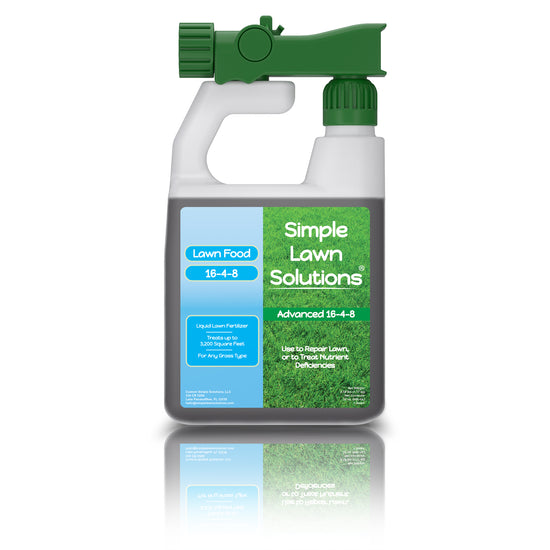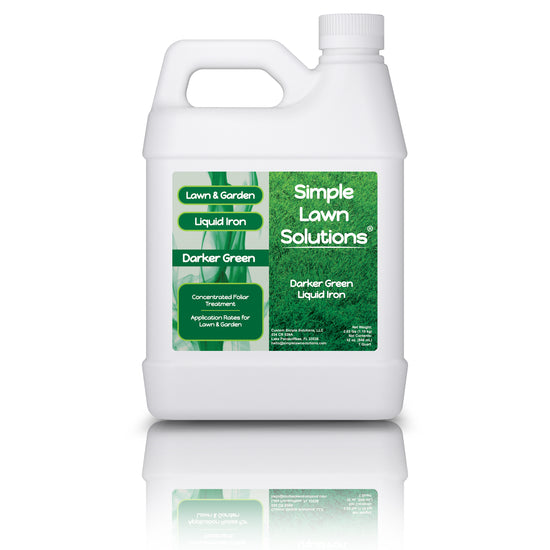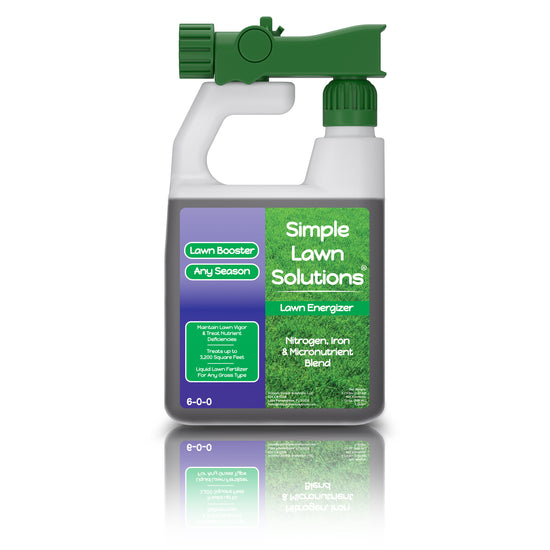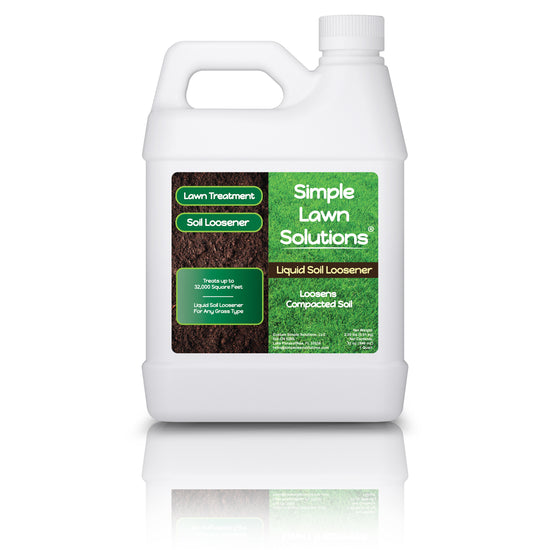
Soil tests are the best way to understand the composition of your lawn's soil, which is necessary to execute proper lawn care. Soil quality varies significantly from house to house and even within your yard. Different grasses require different amounts of nutrients, and a soil test will base the results on the type of grass you have.
Soil tests measure the nutrients available to your grass. Soil nutrients fluctuate throughout the growing season due to lawn growth, fertilizer, mulch, leaching, water, and weather. A soil test will determine the current status of your lawn.
When our lawns are in trouble, we often think a lack of lawn care is to blame. We may buy fertilizer or grab the hose to water the lawn. Many times, the problem is deeper than the blades of grass, though. A soil test gives you valuable information about the best way to care for your lawn and will identify why your lawn care might not be working.
Why You Should Do A Soil Test on Your Lawn
Soil tests are an inexpensive way to maintain optimal health in your lawn and provide valuable information about your soil. No two lawns are the same, and therefore, yours will likely require differing lawn care products than your neighbor’s. When you do a soil test, the results will tell you soil pH and available nutrients, among other things.
If the results indicate that the soil pH is too low or too high, you can pinpoint what your soil needs to balance its pH level. The test results will also indicate which nutrients your soil is lacking. Understanding these results will allow you to choose the right lawn care products to correct your lawn and get it back to looking green and healthy.
Soil tests are crucial to your lawn maintenance and the key to the success of your lawn care.
There are several reasons why you should do a soil test:
- It gives you information to correct pH levels to achieve a healthy lawn.
- Identifies if and which lawn care products, such as fertilizer, are necessary.
- Increase the effectiveness of lawn care products.
- Determines the ability to improve grass growth, as well as resistance against pests.
-
Saves time, money, and frustration by identifying the root causes of your grass’s health (or lack of).
Ways to Conduct a Soil Test
There are a few ways you can conduct a soil test:
- Check with your local county extension office for a test.
- Professional Lawn Service soil test
Some professional full-service lawn care companies will conduct a soil test for you as part of their contract. When the company contractors run the soil test, they will either take the results to a private lab or extension office. A private lab tends to get the results out faster, enabling the lawn care company to get to work on making your lawn a nice green turf.
Another way to conduct a soil test is to check with your local county extension office. Many extension offices have them for free or a minimal fee. The test will have step-by-step instructions for completing the soil test. Once you collect the soil, you can take it to the extension office for testing or mail it in. To maintain your lawn's health and correct any issues, it is best to use the same lab every time for your soil tests.
When is the Best Time for Soil Testing?

A soil test is used as a planning tool for your lawn care. It can be done any time of the year as long as your soil isn’t too wet or frozen. For best results, conduct it in the spring or fall if your soil and lawn are established. For new home sites, soil samples can be taken at any time. Many homeowners conduct their soil tests in the spring as they prepare for their spring yard cleanup. Spring tests may be delayed due to the number of tests submitted. You should allow ample time for your soil test results to be received and analyzed before performing a lawn care treatment. However, fall is a preferred time to take soil tests, especially if you see a lawn problem and want to get a jump start on treatment. Fall soil testing will allow you the time needed to apply any lawn care products necessary to raise the soil pH. No matter when you test, it is recommended that soil be tested at the same time each year that you test.
How Often Should You Test Your Soil?

If the soil test results indicate a correction, then testing once a year is recommended to monitor the progress. If the report indicates that the soil is in good health or a slight adjustment was required, then once every two or three years should be sufficient.
When you think about it, lawn care is a science, and soil testing is a part of the solution to a lawn so green and healthy your neighbors will want to know your formula.









